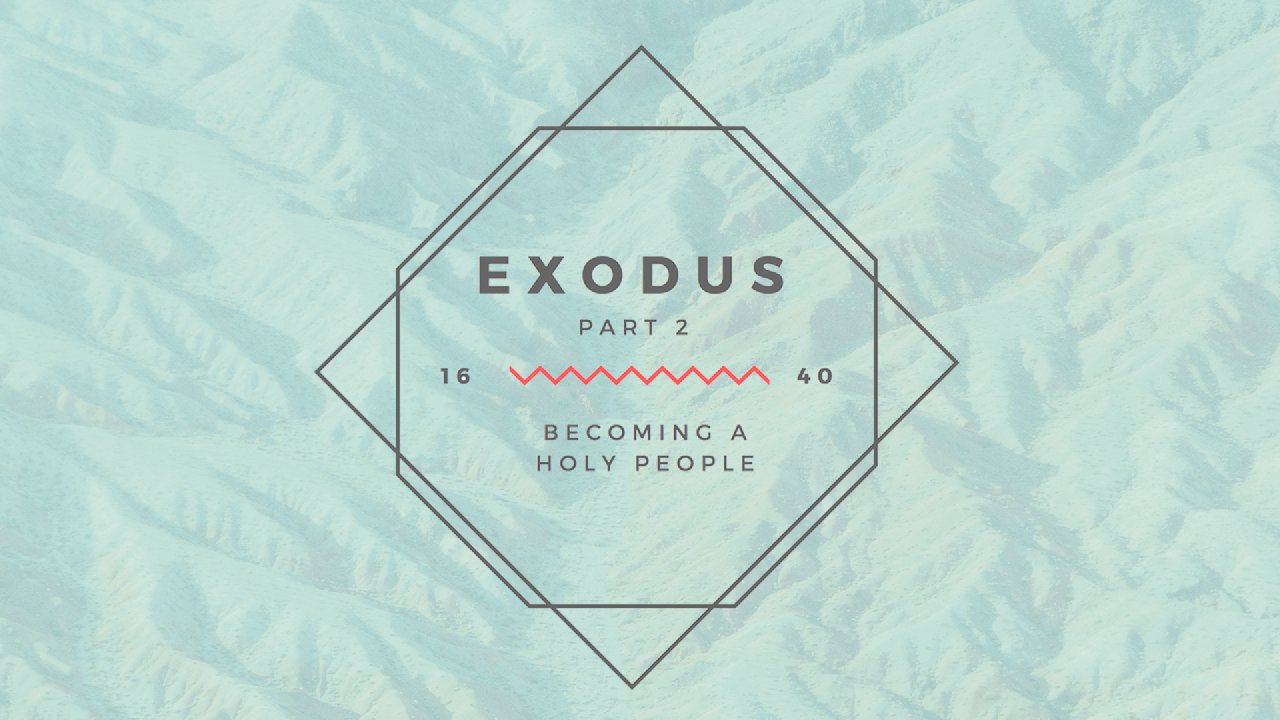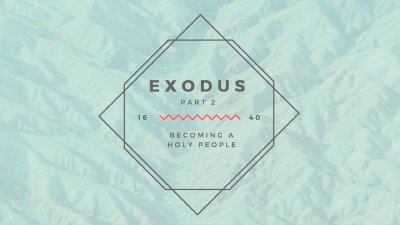Theme: The Book of the Covenant
Passage: Exodus 20:18-23:19
Outline:
• Transition and Introduction: The Fear of God and Worship (20:18–26)
• Case Laws (21:1–22:17)
• Individual Regulations (22:18–23:9)
• Laws concerning Worship (23:10–19)
Key Themes
• All people are equal before God.
• Human life is valued above all else in creation.
• God sovereignly watches over and cares for all aspects of life.
Main Idea: God wants his holy people to love and worship him while treating others as they would want to be treated.
Application Questions:
1. How does Exodus 20:18–26 affect your view of God and how he should be worshipped?
2. Read through Exodus 21:1–23:19. As you do, mark which laws seem as if they could easily be applied to our lives today or address situations found in society today. Also mark laws that don’t seem like they apply at all. Do you think it is valid to apply some but not other laws from this passage to our lives today?
3. From the way that Paul speaks of and uses the law, what do the following NT passages seem to indicate about the validity of the law for us today: Romans 10:4; Ephesians 6:1–3; 1 Corinthians 9:8–12?

April 29th, 2018
Exodus 20: 18-23:19
April 29, 2018 • Pastor Phil Burggraff
June 3rd, 2018
June 3, 2018 • Pastor Phil Burggraff
Passage: Exodus 40 Theme: God dwells with his holy people What we learn about God from the end of Exodus: • God immanently resides • God transcendently abides • God providentially guides What we learn about us in contrast to Israel from the end of Exodus: • We permanently display God’s glory. • We continually access God's presence. • We confidently walk by God’s guidance. Main Idea: As God’s holy people, we possess and reflect God’s presence individually and corporately. Application Questions: 1. How is it that one receives God’s presence in their lives today? Can we lose God’s presence in our lives? 2. Read Exodus 34:29–35 and 2 Corinthians 3:12-18. What contrast does Paul make between Moses’s display of God’s glory and the way God’s glory is displayed in the lives of believers? In what ways is this comforting to you? What applications does Paul make for us in 2 Cor. 4? 3. Compare and contrast the presence and worship of God in the tabernacle with his presence and worship in the church today. 4. How does the knowledge that God guides his children give you confidence to approach life?
May 27th, 2018
May 27, 2018 • Pastor Josh Kee
Passage: Exodus 34 Title: God’s Glory Revealed Through Mercy Summary: This week we will look at perhaps the most significant passage in Scripture in regards to God’s relationship with mankind. Join us as we stare into one of the most glorious statements ever made by God, asking ourselves where our hope finds its foundation and where our worship finds it source. Outline: I. Moses’s Request (33:18-23) — “Show me your glory" II. God Reveals His Glory (34:1-7) — Proclaims His name a) God’s Glory is His Character (vv. 6-7) b) God’s character is the basis of His covenant (vv. 1-5) c) God’s character is affirmed in five statements (vv. 6-7) d) God is holy and will not pardon the wicked (v. 7) III. Moses’s Prayer (34:8-9) — “Go with us and undergird a stiff-necked people" IV. God’s Response (34:10-28) — “I will make a covenant with you" V. Moses speaks to the people (34:29-35) — The glory of the word of the LORD Questions: 1. What do verses 6-7 reveal about God’s character? 2. What is the basis of your hope as a Christian? Are you experiencing hope? 3. What is the basis of your worship as a Christian? Do you struggle to worship God? Why? 4. Are you trusting anything besides God’s character, promises, and faithfulness for your security? What else are you trusting? 5. Is your joy rooted in God’s mercy toward you? Are you enjoying God’s mercy toward you? Are you assuming God will be merciful toward you without turning to him? 6. If you have received God‘s mercy, how quick are you to extend that mercy to others who need it in your life?
May 20th, 2018
May 20, 2018 • Pastor Phil Burggraff
Passage: Exodus 32–33 Theme: The Golden Calf: Israel’s Rebellion and God’s Response Basic Movements of the Story: • Rebellion (32:1–29): People Create worship according to their own design rather than God’s plan • Mediation (32:30–33:17): An innocent one pleads on the people’s behalf for God to be merciful • Renewal (33:18–23): God chooses to act out of his goodness and grace to enter into relationship again. Main Idea: God responds to his mediator by demonstrating his goodness to rebels who deserve his wrath. Application Questions: 1. Look at Exodus 32:1–8. From the text, describe what sin(s) the people are committing. What commands are they breaking? What does this indicate about their relationship to God? 2. Why do we rebel against God when he has clearly worked to save us? 3. Compare and contrast the mediation that Moses accomplishes in this text with what Christ has done for those of us who have placed our faith and trust in him. What NT passages describe Christ’s work in this way? 4. What does this story teach us about God and how he relates to us?




